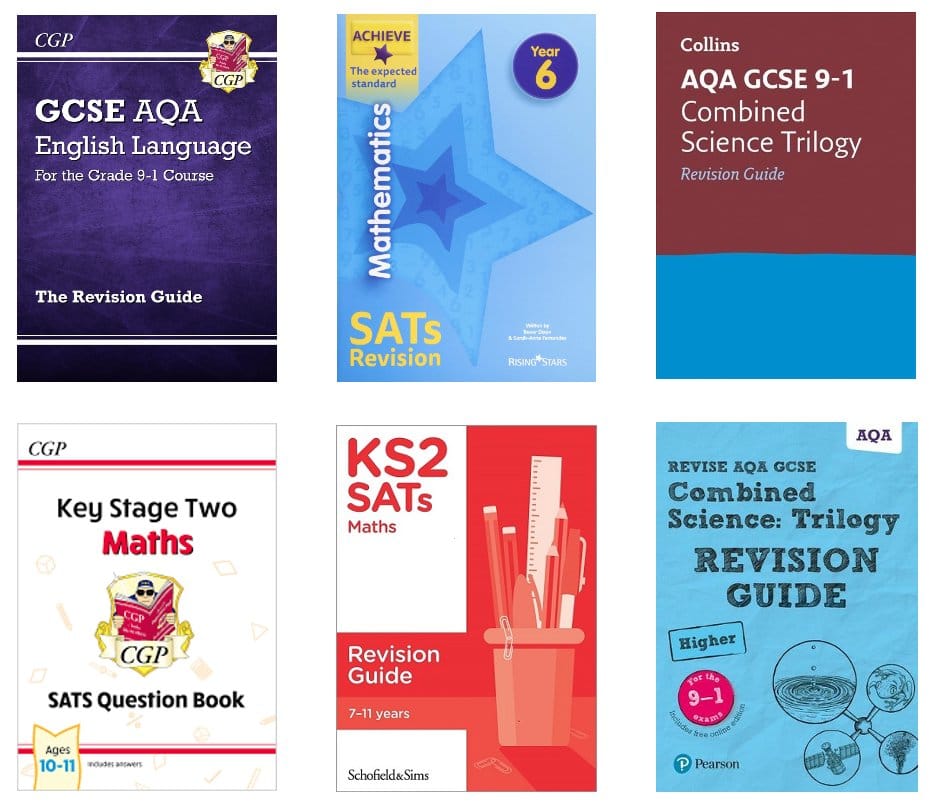
4 Reasons to (Re)Focus on Formative Assessment
Teaching and learning can be prone to shifting trends. Some aspects of teaching may suffer from waning popularity, but we cannot lose sight of them because they are so integral for successful learning. Formative assessment is one such aspect that demands our focus – or a refocus – on its central importance.












